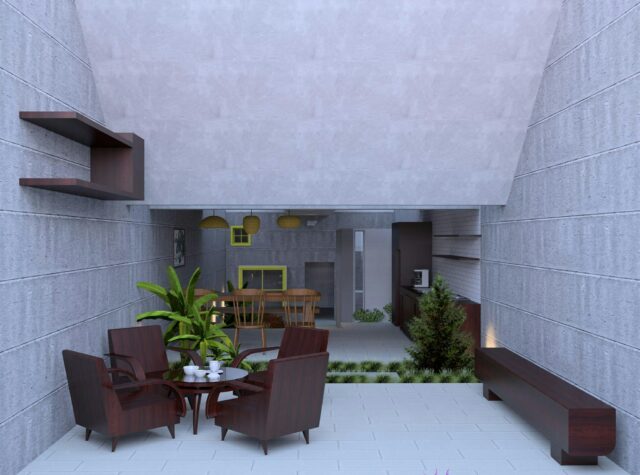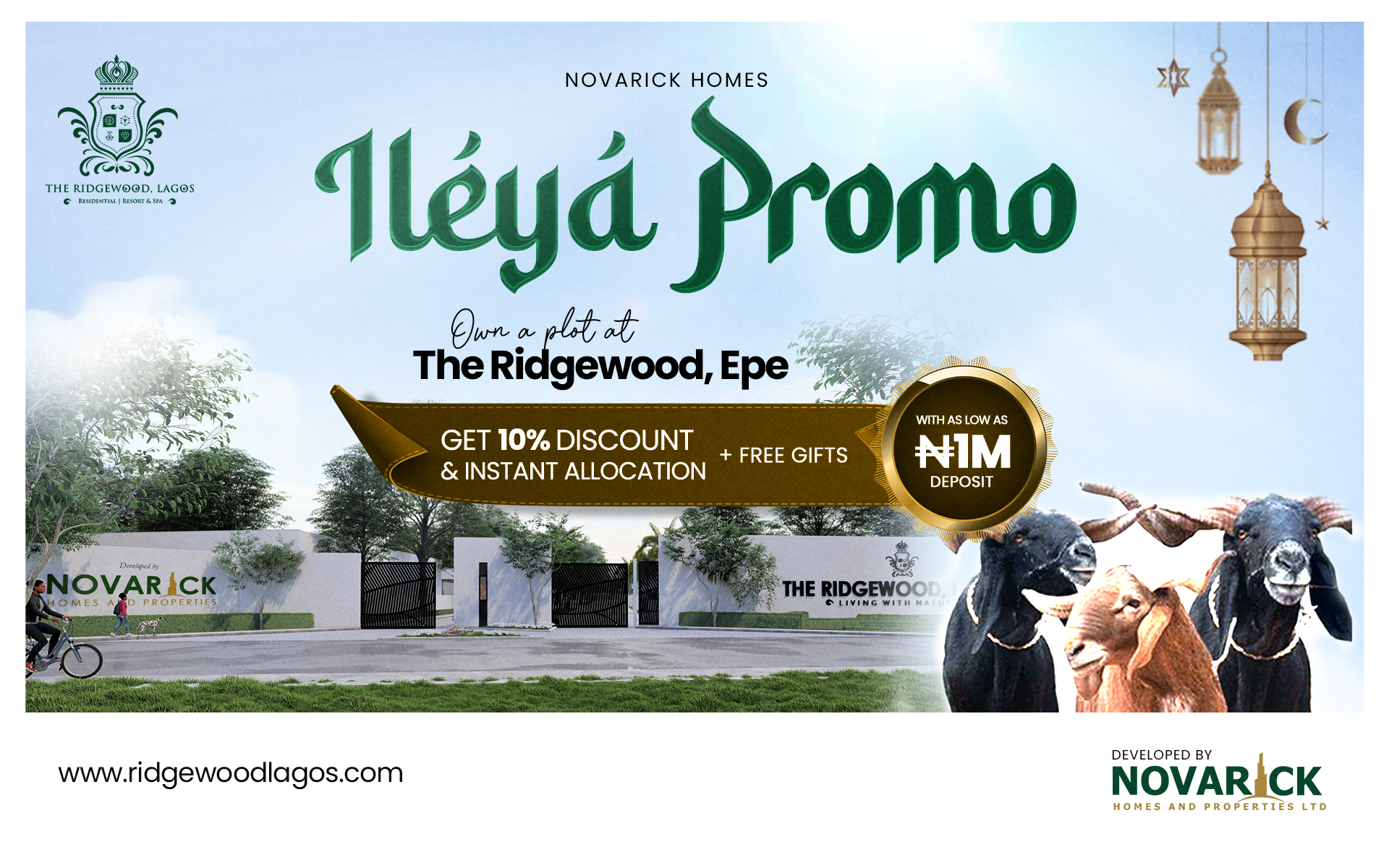Millennials, born between 1981 and 1996, represent a significant demographic in Nigeria’s real estate market. Their unique preferences and priorities are reshaping the landscape of homebuying, with a focus on urban living, technology integration, and sustainable features. This blog explores the key trends driving millennial homebuying decisions in Nigeria and the implications for real estate developers and investors.
- Urban Living Appeal:
One of the primary trends among millennial homebuyers in Nigeria is the preference for urban living. This demographic cohort is drawn to vibrant city centres that offer proximity to work, entertainment, and cultural amenities. Areas such as Lagos Island, Victoria Island, Lekki, Ikoyi, and some areas on the mainland like Surulere, Ogudu, Magodo, and Yaba are particularly appealing due to their cosmopolitan lifestyle, accessibility, and vibrant social scene.

2. Technology Integration In Millennial Home Buying Trends:
Millennials are digital natives who prioritize technology integration in their homes. Smart home features such as automated lighting, security systems, and energy-efficient appliances are highly desirable. Real estate developers are responding by incorporating these tech-savvy amenities into their projects, appealing to buyers’ desire for convenience, connectivity, and energy efficiency.
3. Sustainable Features:
Another significant trend among millennial homebuyers is a focus on sustainable features and eco-friendly design. This generation is environmentally conscious and seeks homes that minimize their carbon footprint. Green building practices, renewable energy solutions, and eco-friendly materials are increasingly becoming standard offerings in new developments. This set of demographic value properties that promote sustainability and contribute to a greener future.

4. Location Preferences:
Location plays a crucial role in millennial homebuying decisions. While urban centres are favoured for their lifestyle amenities, affordability and accessibility are also key considerations. Areas with good infrastructure, public transportation options, and proximity to essential services are highly sought after. Developments in emerging suburban areas that offer a balance of urban conveniences and suburban tranquillity are gaining popularity among millennial buyers.
5. Community and Shared Spaces:
Millennials value community and shared spaces within residential developments. Amenities such as coworking spaces, communal gardens, fitness centres, and social gathering areas cater to their desire for social interaction and collaboration. Mixed-use developments that combine residential, retail, and recreational spaces are particularly attractive to this demographic, offering a holistic lifestyle experience.
6. Flexible and Adaptable Spaces:
Flexibility and adaptability are essential considerations for millennial homebuyers. They seek versatile spaces that can accommodate their evolving needs, such as home offices, workout areas, entertainment zones, and guest accommodations. Open-concept layouts, modular designs, and multifunctional spaces are favoured, allowing for personalized customization and lifestyle flexibility.

7. Financial Considerations:
While millennials prioritize lifestyle factors, affordability remains a key consideration. This demographic faces challenges such as rising living costs, and economic uncertainties. Affordable housing options, flexible financing solutions, and incentives for first-time buyers are critical for attracting homebuyers and supporting homeownership aspirations.

Millennials are driving significant shifts in Nigeria’s real estate market, shaping demand for urban living, technology integration, sustainable features, community amenities, flexible spaces, and affordability. Real estate developers and investors must understand and cater to these preferences and priorities to remain competitive and meet the evolving needs of millennial homebuyers. By embracing these trends, the real estate industry can create innovative and appealing offerings that resonate with this influential demographic.


